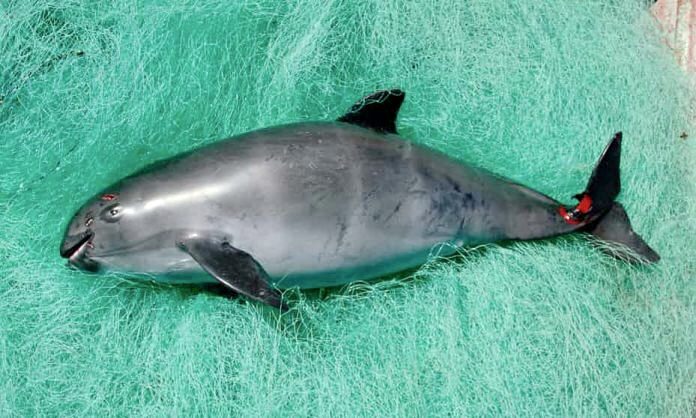
U.S. Government Expands Mexican Seafood Ban To Save 10 Remaining Vaquita Left On Earth
You can help all animals and our planet by choosing compassion on your plate and in your glass. #GoVeg

You can help all animals and our planet by choosing compassion on your plate and in your glass. #GoVeg